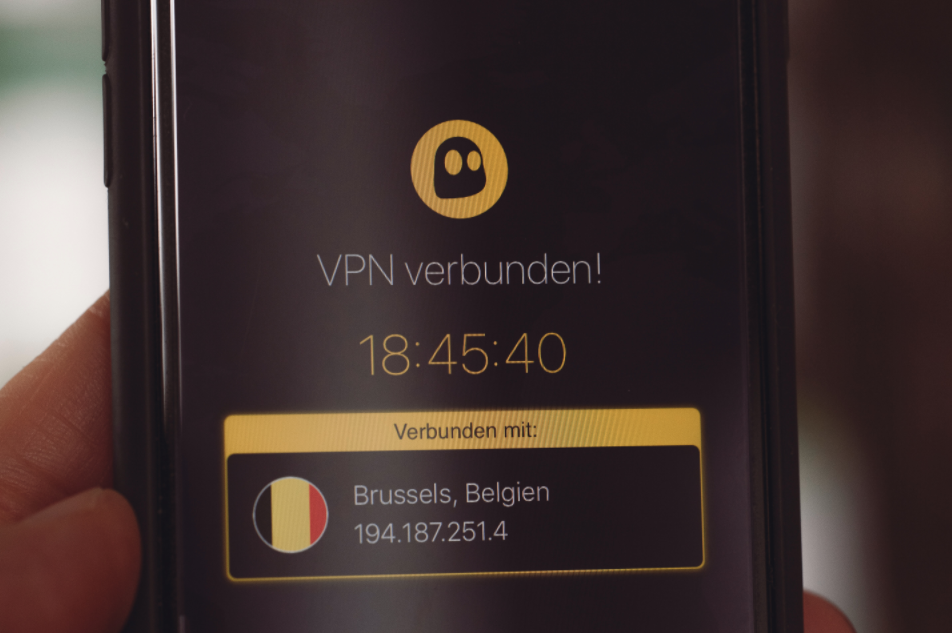Access control is a security technique that controls who or what is granted clearance into your business or other resources. It involves both physical security and information security protocols designed to minimize the risk to businesses. An access control solution can provide a building-wide system that protects your employees, patrons, information, equipment, and other assets. The idea behind access control is that it identifies an individual who does a specific job, authenticates them, and then gives that individual access to the door or workstation that they require.
Discretionary Access Control, Mandatory Access Control, and Role-Based Access Control are the three types of access control systems that are used to protect businesses. Let’s take a look at how these technologies can ensure that your organization is safe and secure.
Discretionary Access Control
Contents

Discretionary Access Control is an access control system that places the responsibility on the business owner for determining, physically or digitally, which people are allowed in a specific location. This is the least restrictive type compared to the other systems. Discretionary Access Control, like the name suggests, allows owners and managers to have complete control over business security, as well as the programs associated with the business. The drawback to this type of access control is that it gives the end-user control to set security level settings for other users. The permissions granted to the end-user are acquired by other programs they use and could allow malware or other security threats to be introduced without the end-user being aware of it.
Mandatory Access Control

Mandatory Access Control is the most common measure used by many organizations that emphasize the confidentiality and classification of data. Institutions such as the military use this type of access control. This system doesn’t allow managers to have a say in who or what has access to data or a facility. Instead, only the owner or custodian has the responsibility of the management of the access controls. Mandatory Access Control will usually classify all end-users and provide them with labels that permit them to gain access through security with established security guidelines.
Role-Based Access Control

Also known as Rule-Based Access Control, this security platform is the most popular in regards to access control systems. Not only is it in high demand among households, but it has also become highly sought-after in the business world. In this type of system, access is allowed by the system administrator and is based solely on the subject’s role within the organization. Most privileges are granted based on the limitations defined by their job responsibilities or security level. Rather than assigning an individual as a security manager, in these types of security operations, the security manager position already has access control permissions assigned to it. Role-Based Access Control systems simplify security protocols because rather than assigning individuals particular access, the system administrator assigns access to specific job titles or levels.
Benefits of Access Control
With access control, businesses can control entry into doorways, computers, data closets, and other secure areas. Along with providing security, access control systems can provide other information and security benefits for businesses. If a business has a lot of employees, it can be difficult for everyone to know who is coming and going. An Access Control System helps prevent unauthorized people from coming in undetected. Also, if a business has multiple shifts with large groups of employees, it can inform you of who is in the building and when. An Access Control System allows a business to only give approved or specially trained employees access to certain areas. This not only prevents theft, but it could also limit accidents. Finally, when an employee is no longer with the company, there is no need to worry about their keys. With an access control system, the administrator can remove the employee’s access from the system digitally.
When it comes to protecting your business or organization, access control systems are one of the best ways to achieve peace of mind. Access control is much more than just a physical access control system, access control can also protect your data and other assets. Your organization’s access control technology can ensure security among all areas of your business.


